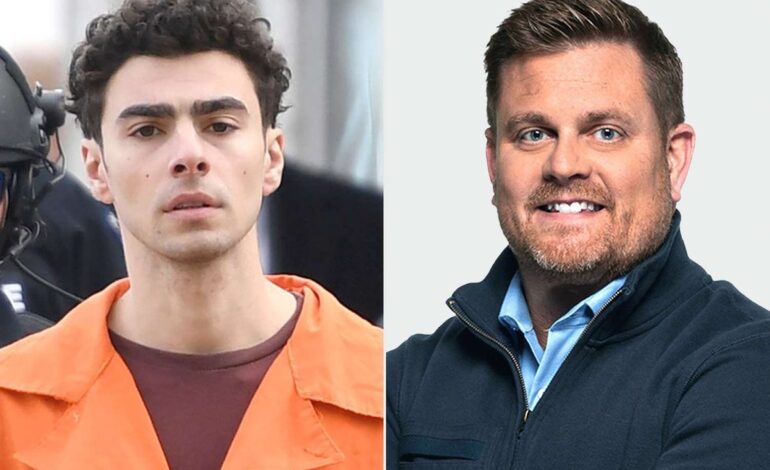Mangione Defense Alleges HIPAA Violation in Subpoena Tactic

Oh great, yet another legal circus with all the subtlety of a sledgehammer. Luigi Mangione’s defense team is howling at the courthouse doors after accusing prosecutors of sidestepping federal privacy rules to snag his medical records. According to a letter filed last Thursday by lead counsel Karen Friedman Agnifilo, the prosecution allegedly crafted a back-door subpoena to Aetna so they could cherry-pick sensitive health details under the guise of legal procedure.
In their motion to the judge, Mangione’s lawyers assert that prosecutors partially reviewed documents protected by the Health Insurance Portability and Accountability Act. They claim the subpoena was pitched as routine — prosecutors told Aetna to forward the records directly to them, conveniently keeping the defense in the dark. Court filings show that Mangione’s side only discovered the maneuver when they spotted references to his medical history in prosecutors’ notes. That’s a big no-no under HIPAA and doctor-patient confidentiality, as spelled out in the statute and reinforced by multiple court precedents (see Federal Court Filings, Aetna correspondence).
Prosecutors have not publicly disputed the timeline, but insiders familiar with the case confirm that this tactic raised eyebrows on both state and federal levels. Mangione, arrested in December for the alleged murder of United Healthcare CEO Brian Thompson, faces charges in two jurisdictions. His team argues the prosecution “jumped through hoops to get this information by cheating, specifically by ensuring that the defense did not find out that it was gathering information about Mr. Mangione’s medical history.” That phrasing comes straight from the letter to the judge, which Mangione’s attorneys say amounts to a willful breach of HIPAA guidelines.
The defense is now demanding a sanctions hearing to penalize the prosecution for their “unauthorized collection” of privileged records. Agnifilo’s letter suggests that if the court doesn’t act, it effectively green-lights future fishing expeditions into private medical data. Public records show that Aetna complied within days of the subpoena, and the defense insists they only learned about it when documentation surfaced in a discovery package.
This isn’t just a procedural nitpick. Confidential health information can include mental health evaluations, medication history, and other deeply personal data that federal law zealously protects. If Mangione’s team prevails, it could set a precedent for tighter scrutiny of prosecutorial subpoenas in high-profile cases. Prosecutors might argue they were simply doing due diligence, but Mangione’s camp insists “due process means more than crossing every T and dotting every I — especially when someone’s liberty is on the line.”
Stay tuned for the judge’s ruling on the sanctions request. It could reshape how courts handle requests for sealed medical files in criminal trials. And just like that, the plot thickens yet again.
Sources: Celebrity Storm and TMZ, Federal Court Filings
Attribution: Creative Commons Licensed




